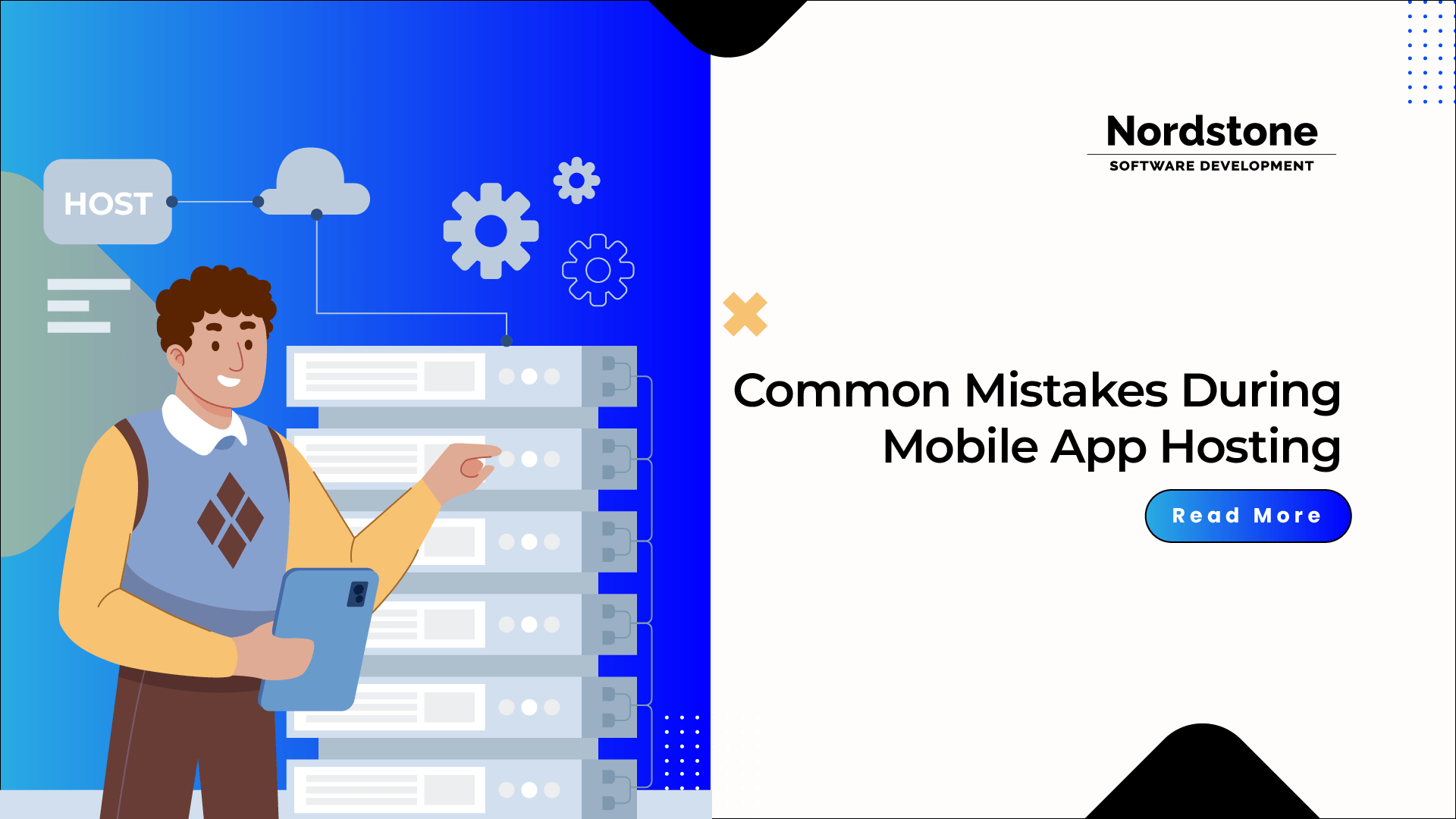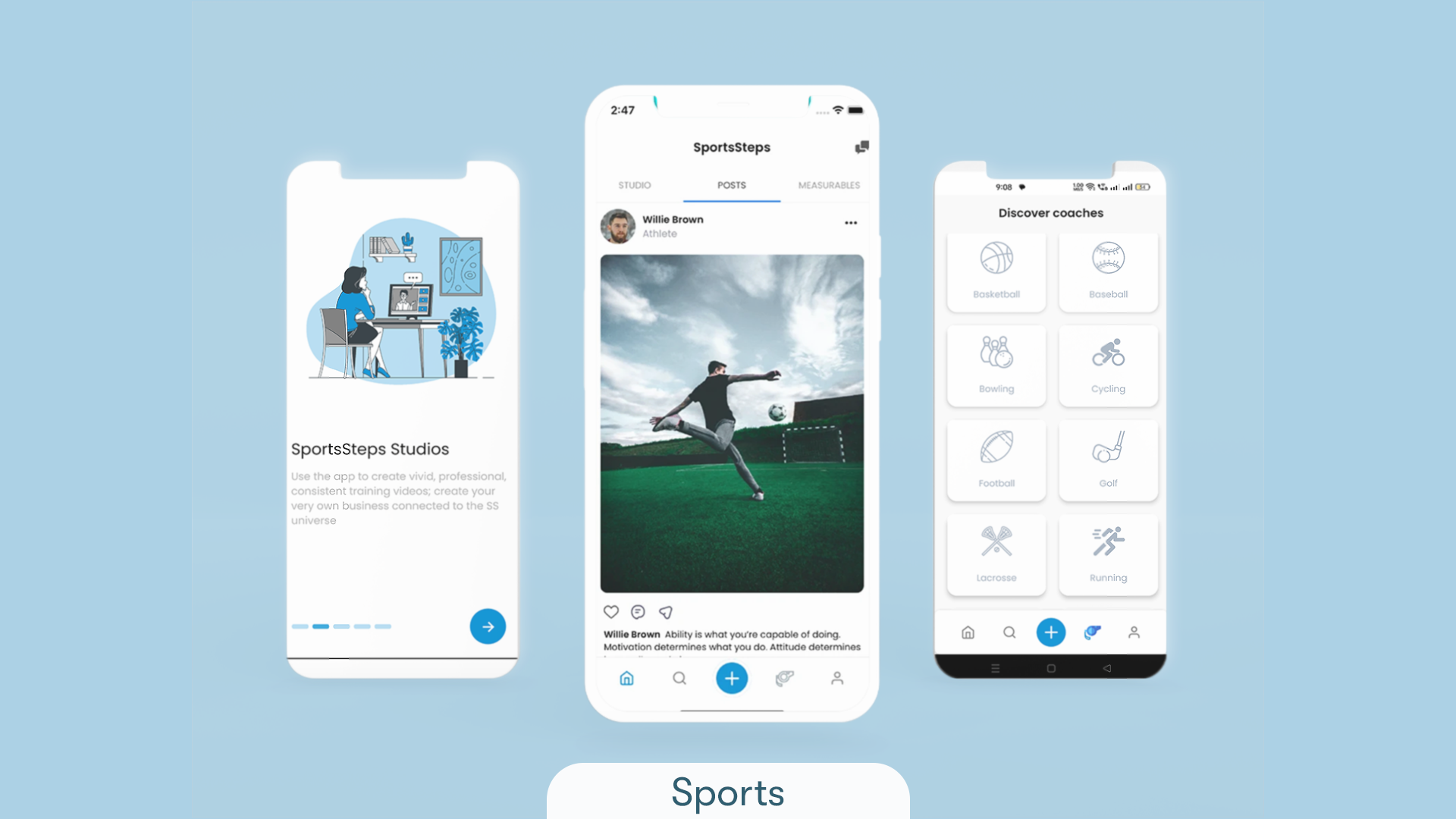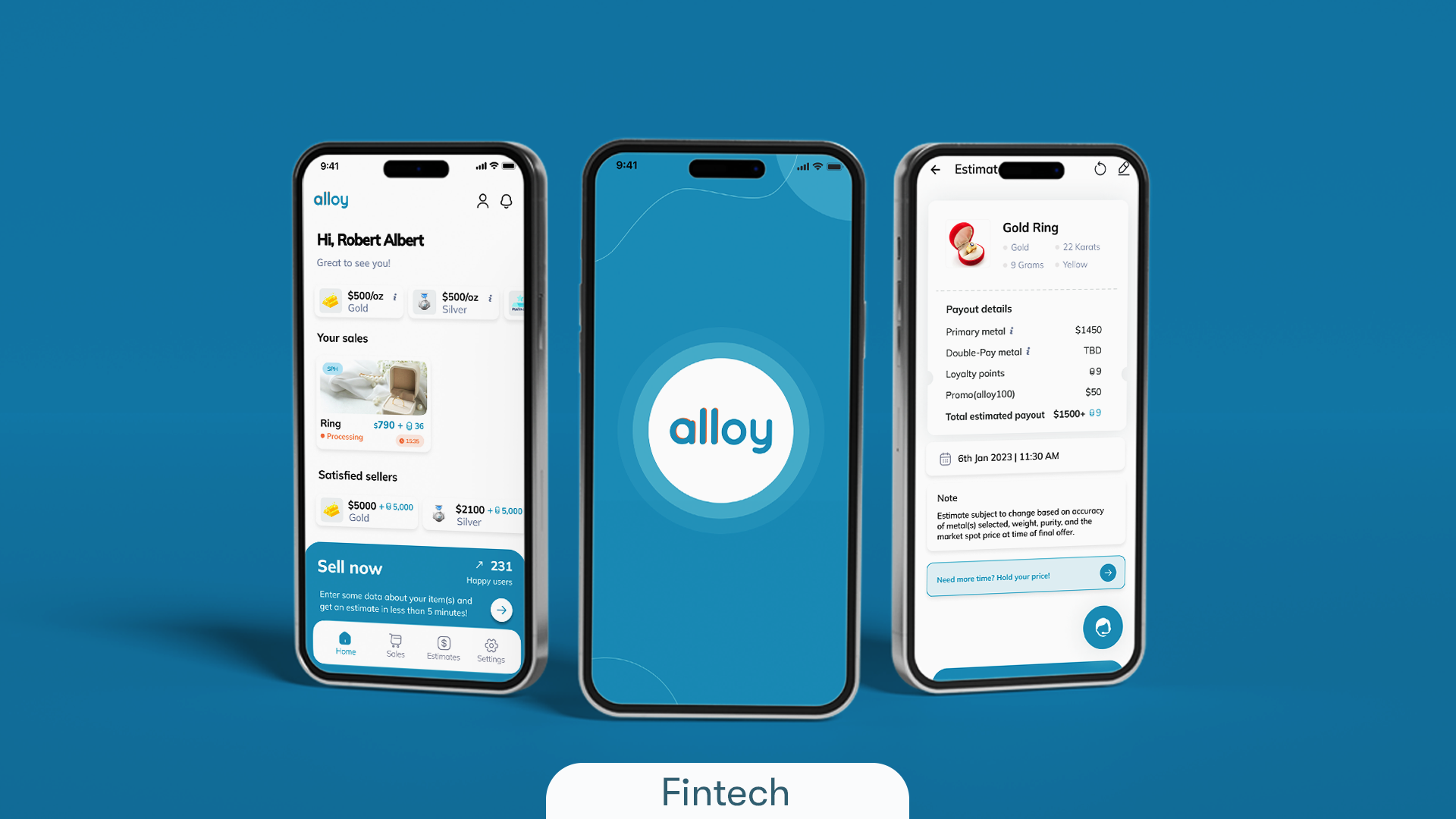April 12th, 2024 at 06:11 pm
From social networking to productivity tools, mobile apps serve a variety of purposes, making them indispensable for both individuals and businesses alike. However, behind every successful mobile app lies a robust hosting infrastructure that ensures seamless performance and reliability. Unfortunately, many developers often overlook key factors during the hosting process, leading to common mistakes that can have detrimental effects on the app’s user experience and overall success.
Whether you’re a seasoned developer or a newcomer to the world of app development, understanding these critical aspects can help you avoid pitfalls and optimise your app’s hosting strategy for maximum efficiency and user satisfaction.
Key Factors Impacting Mobile App Development Hosting
Hosting a mobile app involves more than just uploading files to a server. It requires careful consideration of various factors that can significantly influence the app’s performance, security, and scalability. Here are some key factors to keep in mind during the hosting process:
Server Infrastructure: The foundation of any hosting environment is the server infrastructure. Developers must choose between dedicated servers, virtual private servers (VPS), or cloud hosting services based on their app’s requirements and budget constraints. Each option offers its own set of benefits and tradeoffs in terms of performance, scalability, and cost-effectiveness.
Scalability: As your app grows in popularity and user base, its hosting infrastructure must be able to scale seamlessly to accommodate increased traffic and demand. Scalability is crucial for preventing downtime and ensuring a smooth user experience during peak usage periods.
Security: Protecting user data and sensitive information should be a top priority for app developers. Implementing robust security measures such as encryption, firewalls, and regular security audits can help mitigate the risk of data breaches and unauthorised access.
Load Balancing: Distributing incoming traffic across multiple servers can help optimise performance and prevent server overload. Load balancing techniques such as round-robin DNS and application-level load balancers ensure that each server receives an equal share of incoming requests, improving responsiveness and reliability.
Backup and Disaster Recovery: Regular backups and disaster recovery plans are essential for safeguarding against data loss and system failures. Implementing automated backup solutions and offsite backups can help minimise downtime and ensure quick recovery in the event of a disaster.
Cost Optimization: Hosting costs can quickly add up, especially for resource-intensive apps with high traffic volumes. Developers must carefully analyze their hosting requirements and explore cost optimisation strategies such as resource pooling, server optimisation, and usage-based pricing models to minimise expenses without sacrificing performance.
Monitoring and Performance Optimization: Continuous monitoring and performance optimisation are crucial for identifying bottlenecks, optimising resource utilisation, and ensuring optimal app performance. Implementing monitoring tools and performance optimisation techniques can help developers proactively identify and address issues before they impact the user experience.
How to Host a Mobile App
Hosting a mobile app involves several steps, from selecting the right hosting provider to configuring the server environment and deploying the app. Here’s a step-by-step guide to help you navigate the hosting process effectively:
Choose a Hosting Provider: Research and compare hosting providers based on factors such as reliability, scalability, security, and pricing. Popular hosting companies such as Amazon Web Services (AWS), Google Cloud Platform (GCP), Microsoft Azure, and DigitalOcean offer a range of hosting solutions tailored to the needs of mobile app developers.
Select the Right Server Configuration: Depending on your app’s requirements and anticipated traffic levels, choose an appropriate server configuration, including server type (dedicated, VPS, cloud), operating system (Linux, Windows), and server resources (CPU, RAM, storage).
Configure Security Settings: Implement security best practices such as SSL/TLS encryption, firewall configuration, access control, and regular security updates to protect your app and user data from potential threats.
Set Up Load Balancing and Scalability: Configure load balancers and auto-scaling policies to distribute incoming traffic evenly across multiple servers and automatically scale resources up or down based on demand.
Deploy the App: Upload your app files to the server using FTP, SSH, or a web-based control panel, and configure the necessary settings for database connectivity, environment variables, and server-side dependencies.
Test and Monitor Performance: Conduct thorough testing to ensure that the app functions correctly in the hosting environment, and monitor performance metrics such as response time, CPU usage, memory usage, and network throughput to identify and address any performance issues.
Implement Backup and Disaster Recovery Plans: Set up automated backup schedules and disaster recovery procedures to protect your app and data from unexpected events such as hardware failures, data corruption, or cyber-attacks.
By following these steps and paying attention to key factors such as server infrastructure, scalability, security, and performance optimisation, you can effectively host your mobile app and ensure a seamless user experience for your audience
Top Hosting Companies for Mobile App Development
When it comes to hosting mobile apps, choosing the right hosting provider is crucial for ensuring reliability, performance, and scalability. Here are some of the top hosting companies that cater to the needs of mobile app developers:
Amazon Web Services (AWS): As one of the leading cloud service providers, AWS offers a comprehensive suite of hosting solutions including EC2 instances, S3 storage, RDS databases, and Lambda functions. With global data centres, pay-as-you-go pricing, and a wide range of services, AWS is an ideal choice for hosting scalable and resilient mobile apps.
Google Cloud Platform (GCP): GCP provides a flexible and scalable infrastructure for hosting mobile apps, with services such as Compute Engine, App Engine, Cloud Storage, and Firebase. With built-in support for popular development frameworks and tools, GCP offers a seamless hosting experience for mobile app developers.
Microsoft Azure: Azure offers a robust and secure hosting platform for mobile apps, with services such as Virtual Machines, App Service, SQL Database, and Azure Functions. With built-in integration with Microsoft development tools and services, Azure provides a familiar environment for developers to host and manage their mobile apps.
DigitalOcean: DigitalOcean specialises in providing simple and cost-effective cloud infrastructure for developers, with services such as Droplets, Kubernetes, Spaces, and App Platform. With a user-friendly interface, transparent pricing, and developer-friendly features, DigitalOcean is an excellent choice for hosting small to medium-sized mobile apps.
Heroku: Heroku offers a fully managed platform-as-a-service (PaaS) for hosting web and mobile apps, with support for popular programming languages and frameworks. With features such as automated scaling, continuous integration, and add-on services, Heroku simplifies the hosting process for developers, allowing them to focus on building and improving their apps.
These hosting companies offer a range of services and features tailored to the needs of mobile app developers, making them popular choices for hosting mobile apps of all sizes and complexities. By carefully evaluating your app’s requirements and comparing the offerings of different hosting providers, you can choose the best hosting solution for your project.
Common Issues During Mobile App Hosting
Despite careful planning and preparation, mobile app hosting can sometimes be fraught with challenges and issues that can impact the app’s performance and availability. Here are some common issues encountered during mobile app hosting and effective solutions to address them:
Downtime and Unavailability: Unexpected downtime can disrupt user access to your app and result in a poor user experience. To minimise downtime, implement redundant server configurations, load balancing, and automated failover mechanisms to ensure high availability and reliability.
Slow Performance: Slow response times and sluggish performance can frustrate users and lead to abandonment. To optimise performance, optimise server configurations, cache frequently accessed data, and leverage content delivery networks (CDNs) to deliver content efficiently to users worldwide.
Security Vulnerabilities: Security breaches can compromise user data and damage your app’s reputation. To enhance security, regularly update server software, implement encryption and authentication mechanisms and conduct regular security audits to identify and patch vulnerabilities proactively.
Scalability Challenges: Sudden spikes in traffic can overwhelm your hosting infrastructure and lead to performance degradation. To address scalability challenges, implement auto-scaling policies, horizontal scaling, and distributed caching to dynamically allocate resources based on demand and ensure smooth app performance during peak usage periods.
Data Loss and Corruption: Data loss or corruption due to hardware failures, software bugs, or human error can have serious consequences for your app and its users. To prevent data loss, implement robust backup and disaster recovery strategies, including regular backups, offsite storage, and automated recovery procedures to minimize downtime and data loss in the event of a disaster.
By proactively addressing these common issues and implementing effective solutions, you can ensure that your mobile app hosting environment is resilient, secure, and optimised for performance, providing users with a seamless and reliable experience.
Hosting a mobile app involves a myriad of complexities and challenges, from selecting the right hosting provider to optimising performance and security. By understanding the key factors that impact mobile app hosting and avoiding common mistakes, developers can ensure a seamless and reliable hosting environment for their apps.
From choosing the right server infrastructure and implementing robust security measures to optimising performance and scalability, every aspect of the hosting process plays a crucial role in determining the success of your app. By following best practices, leveraging the expertise of top hosting companies, and implementing effective solutions such as Nordstone, developers can navigate the hosting process with confidence and deliver a superior user experience to their audience.











